Artificial Intelligence (AI) has become a powerful force that is transforming various industries. It revolutionizes our lives and work, from self-driving cars to voice assistants. But have you ever wondered how AI actually works? In this article, we will take you on an exciting journey into the intricacies of artificial intelligence. We will explore its fundamental concepts, learning algorithms, and real-world applications.
Introduction to Artificial Intelligence
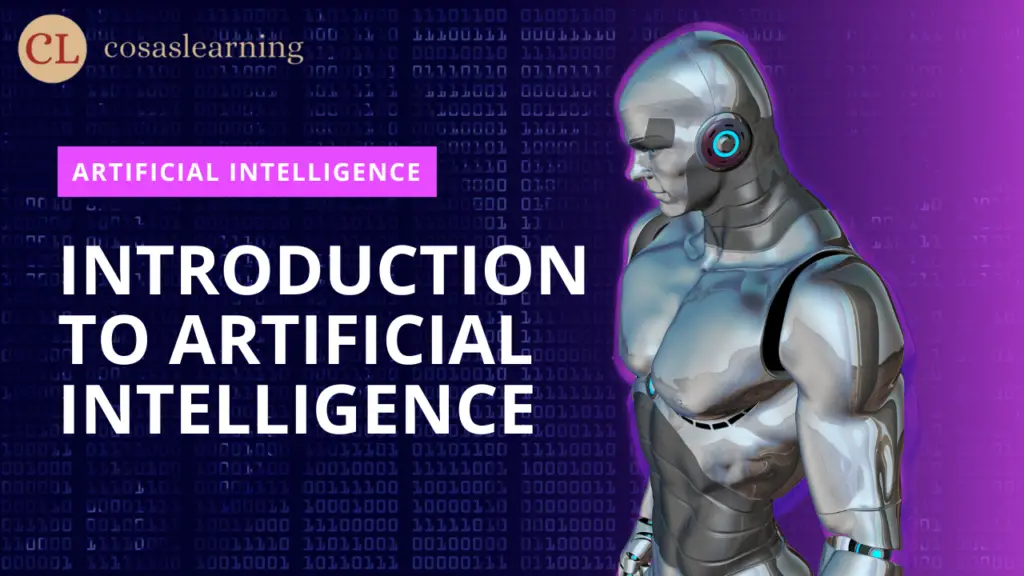
AI is a field of computer science that focuses on developing machines with the capability to complete tasks that typically necessitate human intelligence. These tasks include understanding language, recognizing images, making decisions, and solving problems. AI has become an essential part of our daily lives, from voice assistants like Siri and Alexa to recommendation systems on streaming platforms.
The Basics of Machine Learning
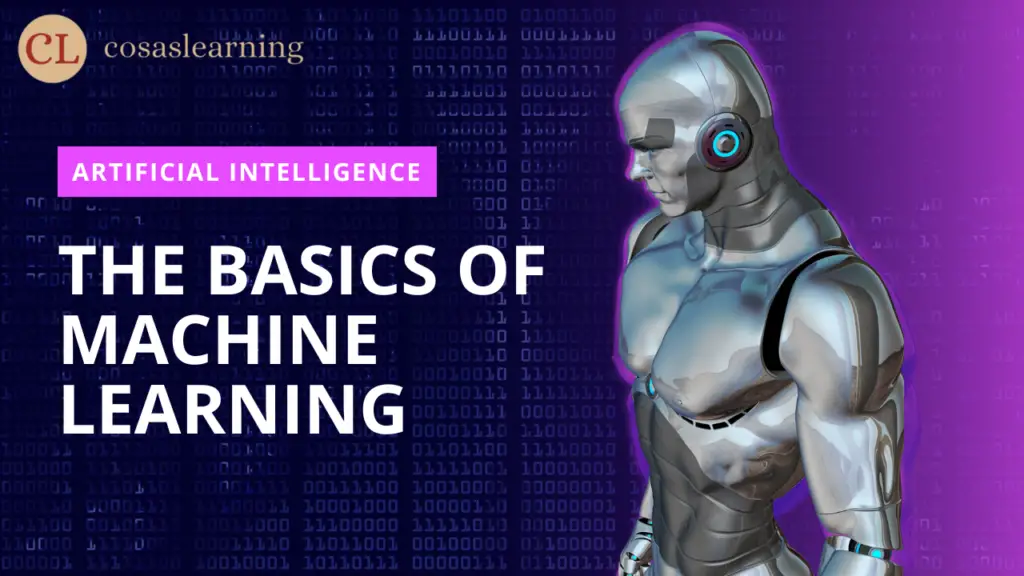
Machine Learning is a component of Artificial Intelligence (AI) that enables computers to acquire knowledge and improve their abilities through experience, without the requirement of explicit instructions. It involves feeding large amounts of data to machines and allowing them to learn patterns and make predictions or decisions based on that data. Machine Learning algorithms power various applications, such as spam filters, fraud detection systems, and personalized recommendations.
Teaching Machines to Learn: Supervised Learning
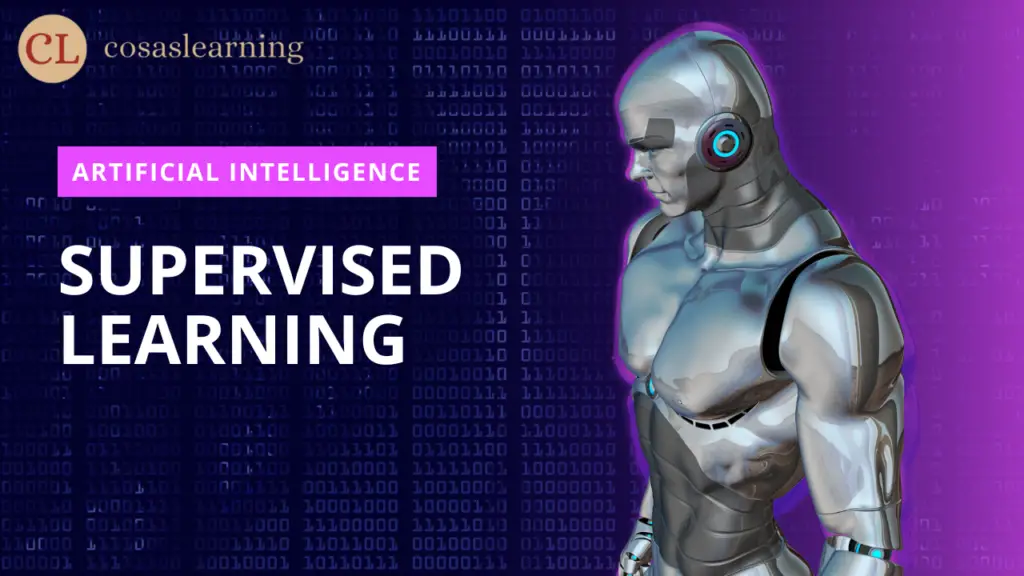
Supervised Learning is a type of Machine Learning where the machine is trained on labeled data. Labeled data means that each input has a corresponding desired output. The machine learns by comparing its predictions with the correct answers and adjusting its algorithms accordingly. For example, in email spam detection, the machine is trained on a dataset containing labeled emails as “spam” or “not spam.”
Discovering Hidden Patterns: Unsupervised Learning
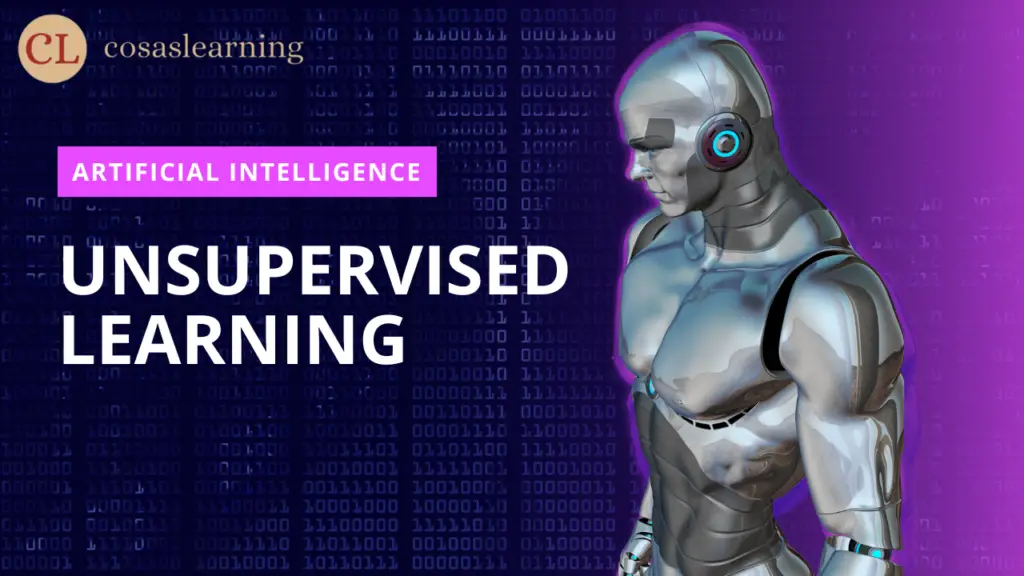
Unsupervised Learning is another form of Machine Learning where the machine learns from data that doesn’t come with explicit labels or categories. The machine’s goal is to discover hidden patterns or structures in the data without any predefined labels. Clustering is a common unsupervised learning technique, where the machine groups similar data points together based on their characteristics. Unsupervised learning has applications in customer segmentation, anomaly detection, and data visualization.
Training Through Rewards: Reinforcement Learning
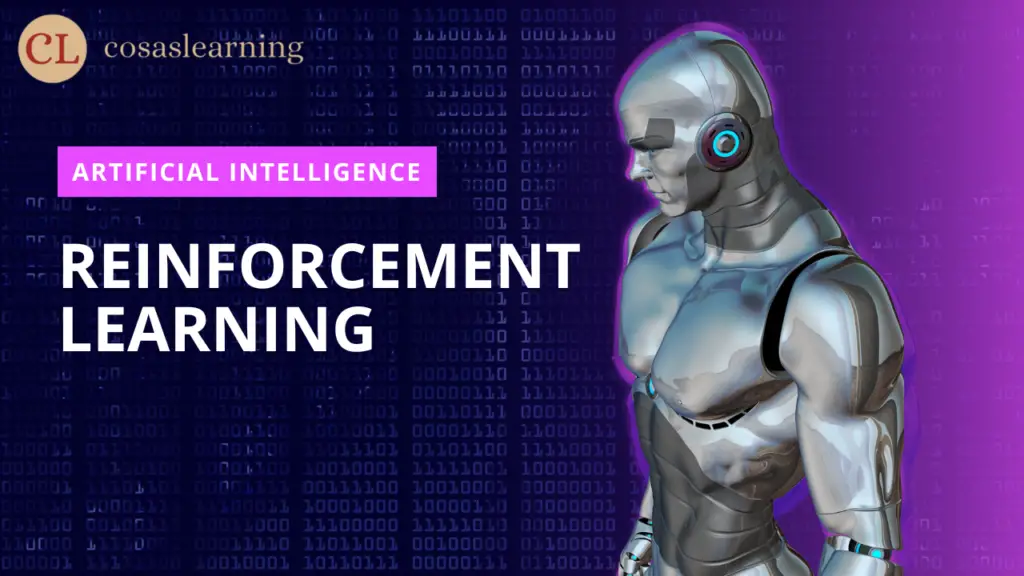
Reinforcement Learning is a particular type of Machine Learning where a learner, called an agent, develops the skill to make decisions by interacting with its environment. The agent is provided with feedback in the form of rewards or punishments, depending on the outcomes of its actions. The goal is for the agent to maximize the cumulative rewards over time by learning from trial and error. Reinforcement Learning is used in autonomous driving, robotics, and game playing, such as teaching a computer to play chess or Go.
Mimicking the Human Brain: Deep Learning
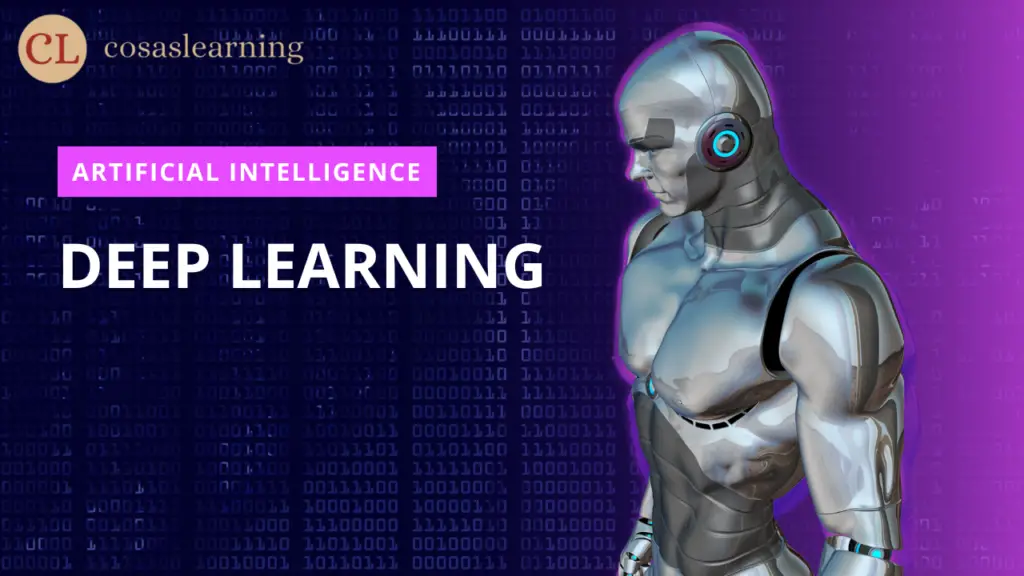
Deep Learning is a specific part of Machine Learning that focuses on creating artificial neural networks, which are like computer versions of the human brain. These neural networks are composed of layers of interconnected nodes called artificial neurons. Deep Learning algorithms can automatically learn hierarchical representations of data, enabling them to recognize complex patterns and make accurate predictions. Deep Learning is widely used in image and speech recognition, natural language processing, and autonomous vehicles.
Understanding Human Language: Natural Language Processing
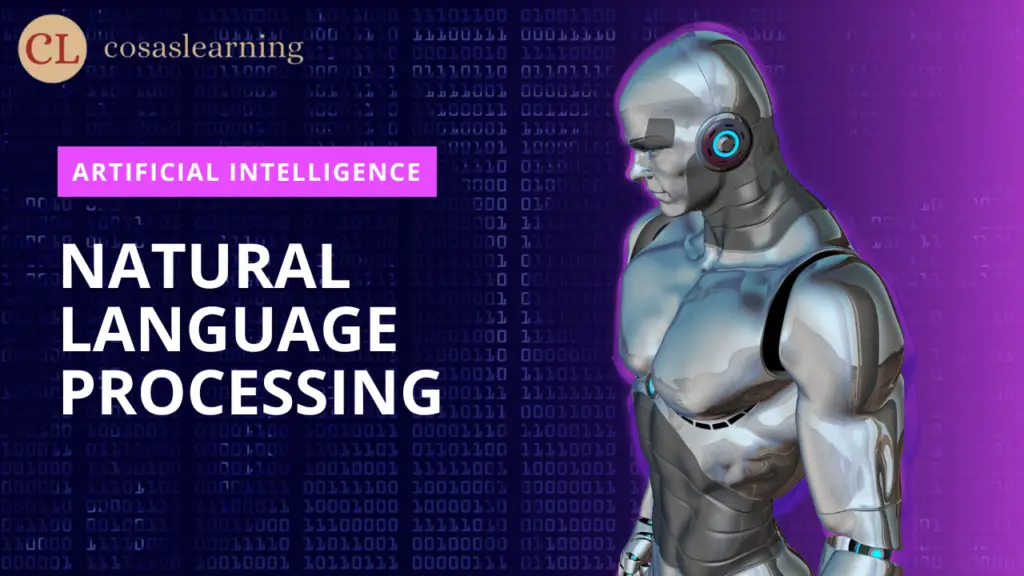
Natural Language Processing (NLP) is a field of Artificial Intelligence (AI) that revolves around how computers and humans communicate and share information using language. It involves teaching machines to understand, interpret, and generate human language in a meaningful way. NLP enables applications like chatbots, language translation, sentiment analysis, and text summarization. It involves tasks such as part-of-speech tagging, named entity recognition, and sentiment analysis.
Seeing the World Through Machines: Computer Vision
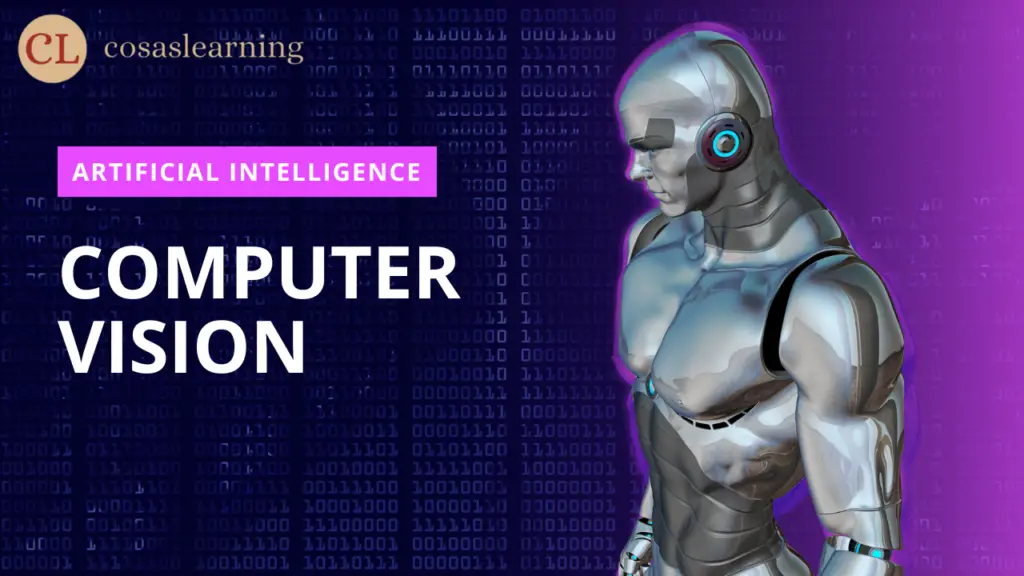
Computer Vision is a field of AI that focuses on teaching machines to see and understand visual data, such as images and videos. It involves developing algorithms that can extract meaningful information from visual inputs, enabling machines to recognize objects, detect and track motion, and understand scenes. Computer Vision is a field of study within technology that involves using computers to understand and interpret visual information. It finds its uses in various practical applications such as recognizing faces, detecting objects, assisting self-driving vehicles, and analyzing medical images.
Transforming the Medical Field: AI in Healthcare
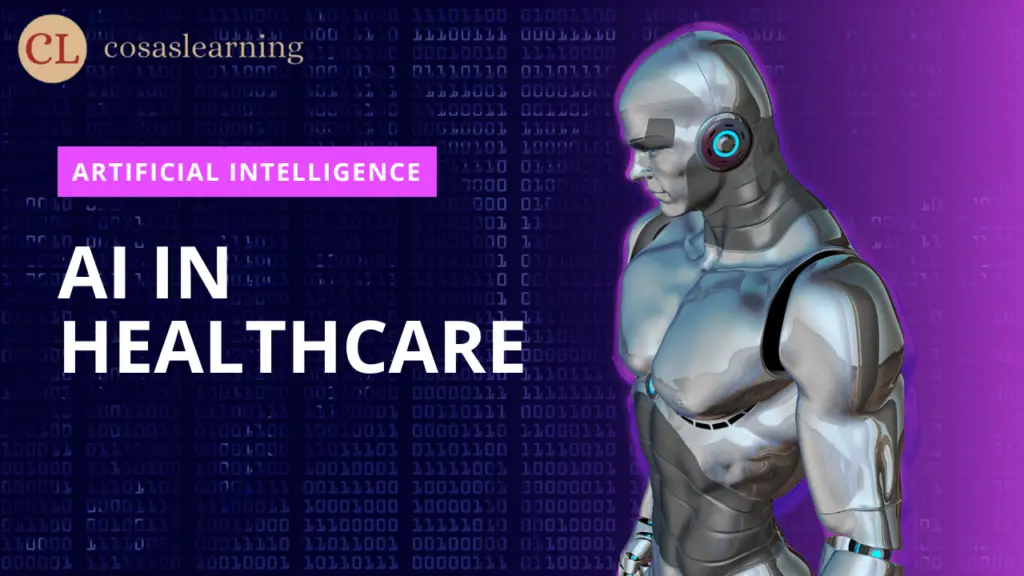
AI has revolutionized the healthcare industry by enhancing diagnosis, treatment, and patient care. Machine Learning algorithms can analyze medical images, such as X-rays and MRI scans, to detect diseases and abnormalities. AI-powered chatbots can provide preliminary medical advice and triage patients. Predictive models can assist in identifying high-risk patients and optimizing treatment plans. AI also has a vital role to play in areas like discovering new medicines, studying genes, and tailoring medical treatments to individuals.
Enhancing Decision-Making: AI in Finance
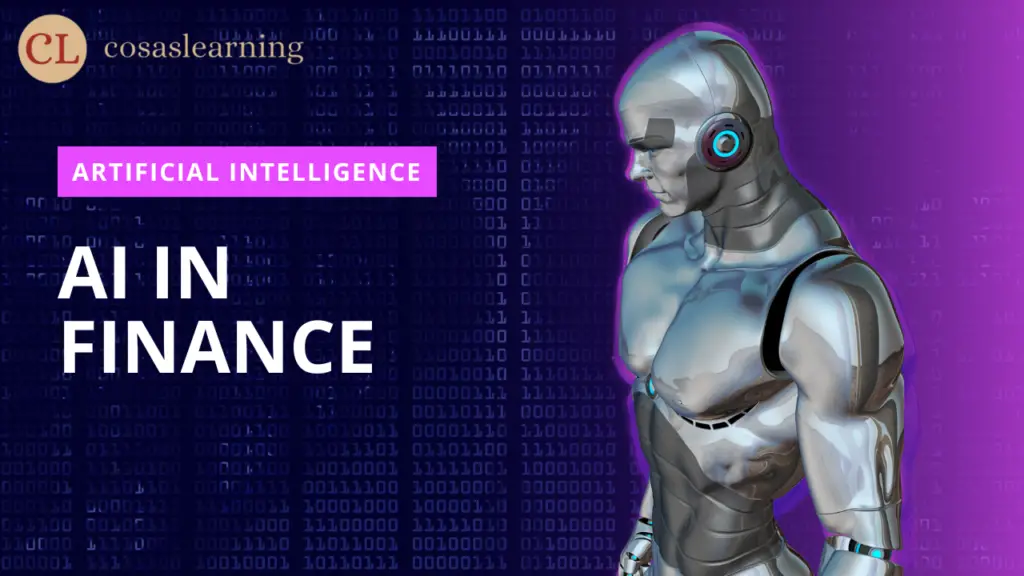
AI is transforming the finance sector by automating tasks, improving risk assessment, and enhancing decision-making processes. Machine Learning algorithms can analyze vast amounts of financial data to identify patterns and trends for investment strategies. AI-powered chatbots can assist customers with basic financial inquiries. Fraud detection systems can identify suspicious transactions in real-time. AI also plays a role in algorithmic trading, credit scoring, and insurance underwriting.
Optimizing Production Processes: AI in Manufacturing
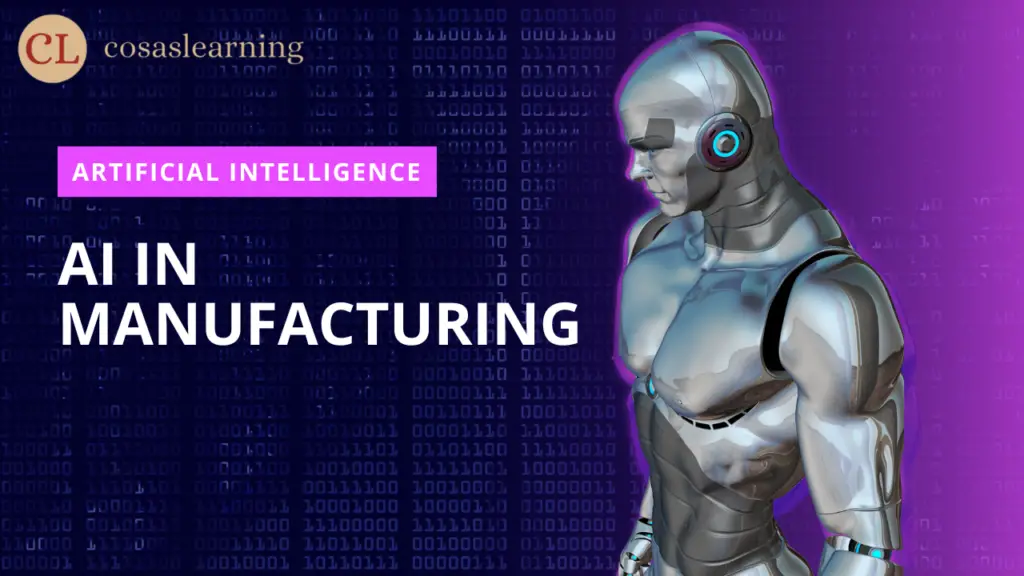
AI is being applied in manufacturing to optimize production processes, improve efficiency, and reduce costs. Machine Learning algorithms can analyze sensor data from production lines to predict equipment failures and schedule maintenance proactively. Robotics and automation powered by AI can perform repetitive and labor-intensive tasks, increasing productivity. AI-enabled quality control systems can identify defects and anomalies in real-time. AI also facilitates demand forecasting and supply chain optimization.
Ethical Considerations in AI Development
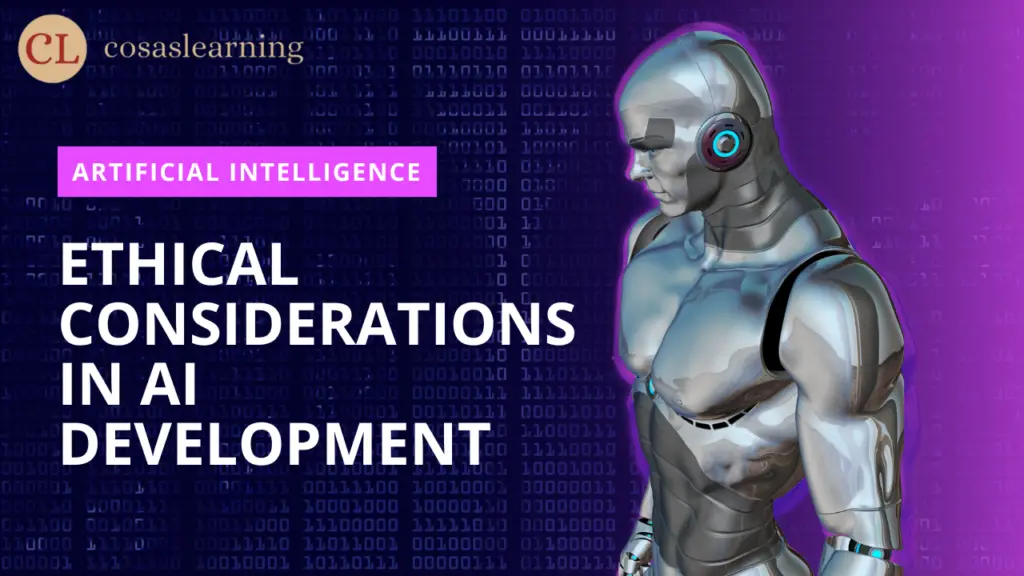
As AI continues to advance, it raises ethical considerations and challenges. There are concerns about privacy, data security, bias in algorithms, and the impact on jobs. Ensuring transparency and fairness in AI systems is crucial. Ethical guidelines and regulations are being developed to address these concerns and promote responsible AI development and deployment. Maintaining a balance between technological advancements and ethical considerations is crucial to fully utilize the potential of AI for the betterment of society.
The Future of Artificial Intelligence
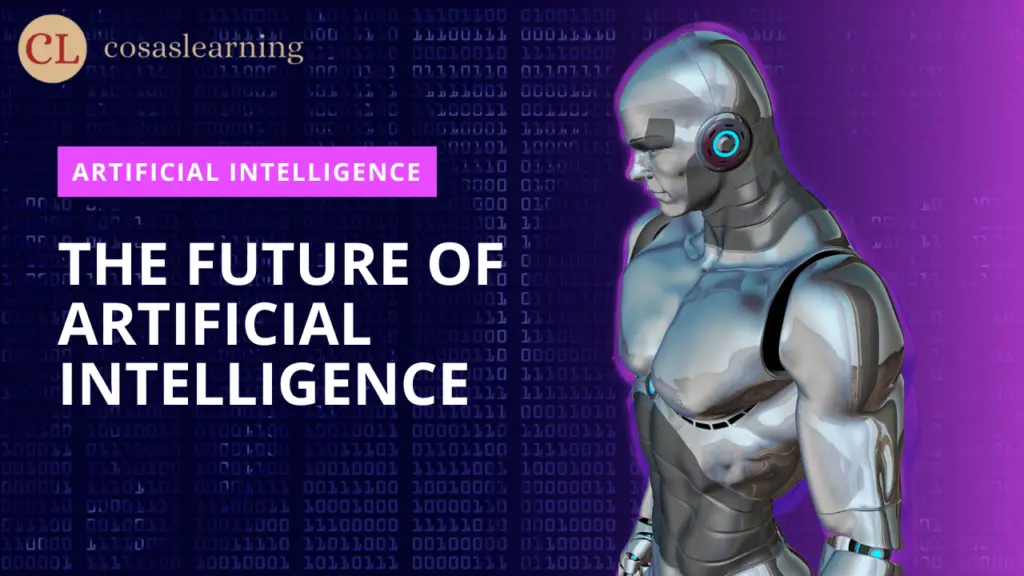
The future of AI holds immense possibilities. Progress in AI technologies such as deep learning, natural language processing, and computer vision will keep propelling innovation in various sectors. AI will have a significant impact on shaping healthcare, finance, manufacturing, and numerous other fields. However, it is important to navigate the challenges and ensure ethical AI practices to build a future where humans and machines can work together harmoniously for the betterment of society.
Conclusion
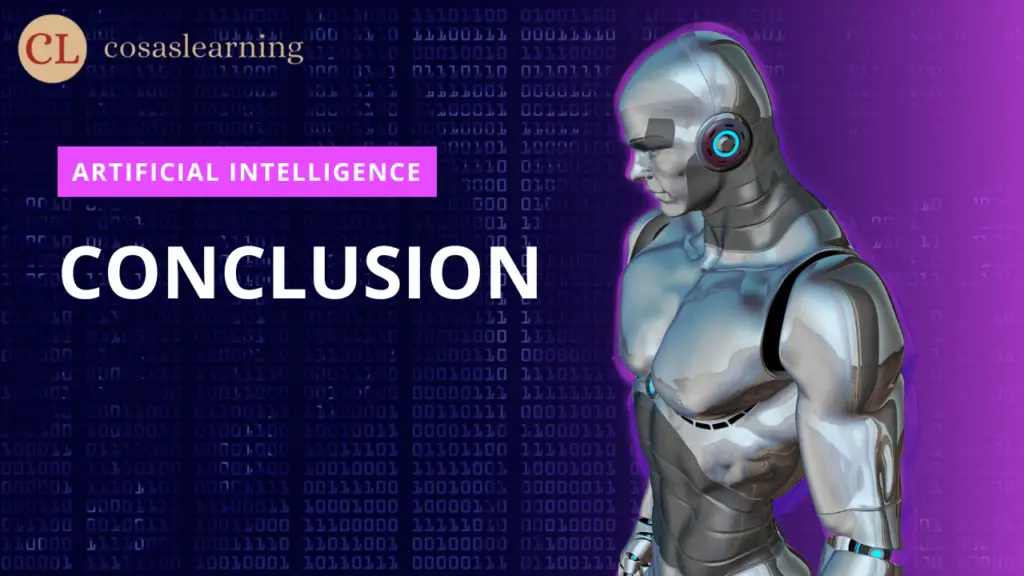
In conclusion, artificial intelligence is a remarkable field that continues to advance and shape our world. We have explored the fundamental concepts of AI, including machine learning, deep learning, and natural language processing. We have also examined various applications in healthcare, finance, and manufacturing. As AI evolves, it is crucial to address ethical concerns and ensure responsible development.
FAQs
Click Here : To Show Your Support! 😍





